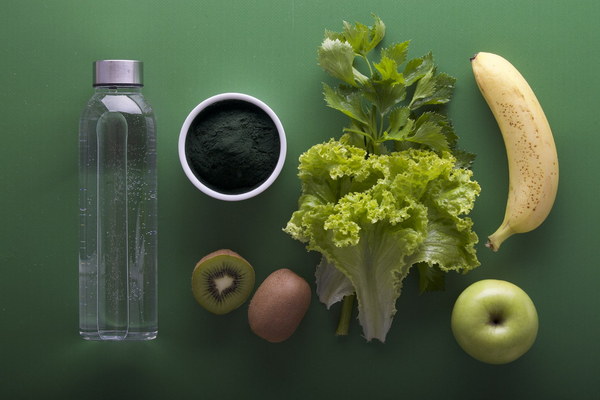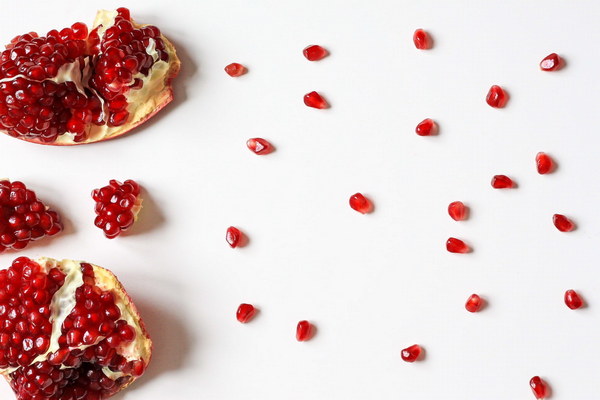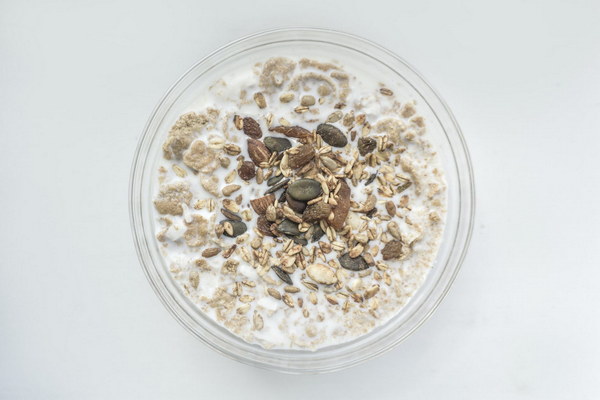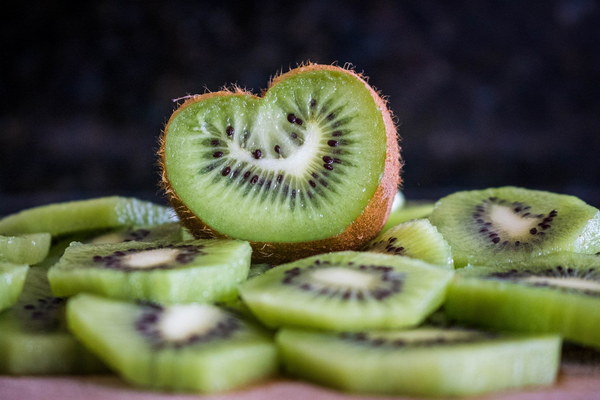Liver Love A Comprehensive Guide to LiverCare Methods and Diet
Liver Love: A Comprehensive Guide to Liver-Care Methods and Diet
The liver is an essential organ that plays a crucial role in maintaining our overall health. It filters toxins from the blood, produces bile to aid in digestion, and stores energy. However, with the fast-paced lifestyle and unhealthy eating habits prevalent today, our livers often suffer from stress and damage. This article delves into various methods and dietary practices that can help nurture and protect your liver, ensuring its optimal functioning.
Understanding Liver Health

Before delving into the specifics of liver care, it's essential to understand the importance of maintaining liver health. The liver is responsible for several vital functions, including:
- Detoxification: Filtering out harmful substances from the blood.
- Metabolism: Processing nutrients, storing vitamins, and producing proteins.
- Digestion: Producing bile, which helps in the breakdown and absorption of fats.
- Immunity: Producing immune factors to fight off infections.
When the liver is not functioning correctly, it can lead to a range of health issues, from mild discomfort to severe conditions like hepatitis, cirrhosis, and liver cancer.
Methods to Nurture Your Liver
1. Limit Alcohol Consumption: Alcohol is a major contributor to liver damage. Reducing or eliminating alcohol intake can significantly lower the risk of liver disease.
2. Avoid Harmful Substances: Exposure to certain chemicals and toxins can harm the liver. Minimize exposure to industrial chemicals, pesticides, and other harmful substances.
3. Stay Hydrated: Drinking plenty of water helps flush out toxins from the liver and keeps it healthy.
4. Exercise Regularly: Regular physical activity improves blood flow, which aids in the liver's detoxification process.
5. Manage Stress: Chronic stress can lead to the production of stress hormones that can harm the liver. Practices such as meditation, yoga, and deep breathing exercises can help manage stress levels.
6. Get Adequate Sleep: A good night's sleep is crucial for liver health. Lack of sleep can impair the liver's ability to regenerate and function properly.
Dietary Practices for Liver Health
1. Rich in Antioxidants: Include foods high in antioxidants such as fruits (berries, oranges, apples), vegetables (spinach, kale, carrots), and nuts (walnuts, almonds) to protect the liver from oxidative stress.
2. Fiber-Rich Foods: Foods high in dietary fiber, like whole grains, legumes, and vegetables, can help reduce the risk of liver disease by lowering cholesterol levels and improving bile flow.
3. Healthy Fats: Incorporate healthy fats such as omega-3 fatty acids (found in fish, flaxseeds, and walnuts) into your diet. These fats support liver health and reduce inflammation.
4. Limit Processed Foods and Trans Fats: Foods high in processed sugars, trans fats, and saturated fats can contribute to liver inflammation and fat accumulation.
5. Caffeine and Green Tea: Moderate consumption of caffeine and green tea can help boost liver function and reduce the risk of liver disease.
6. Herbal Teas: Herbs like milk thistle, dandelion root, and turmeric have been traditionally used to support liver health.
Sample Liver-Care Meal Plan
Breakfast:
- Greek yogurt with berries and a sprinkle of flaxseeds
- A glass of orange juice
- Whole grain toast with avocado
Lunch:
- Grilled chicken salad with spinach, tomatoes, and olive oil dressing
- Quinoa
- A small handful of almonds
Snack:
- A piece of fruit (like an apple or banana)
- A handful of walnuts
Dinner:
- Baked salmon with a side of steamed broccoli and quinoa
- Mixed green salad with olive oil and lemon juice
- A glass of green tea
Conclusion
Liver health is a crucial aspect of overall well-being. By adopting a healthy lifestyle, including moderate exercise, avoiding harmful substances, and incorporating a liver-friendly diet, you can nurture your liver and reduce the risk of liver-related diseases. Remember, it's never too late to start taking care of your liver, and the benefits can be life-changing.









